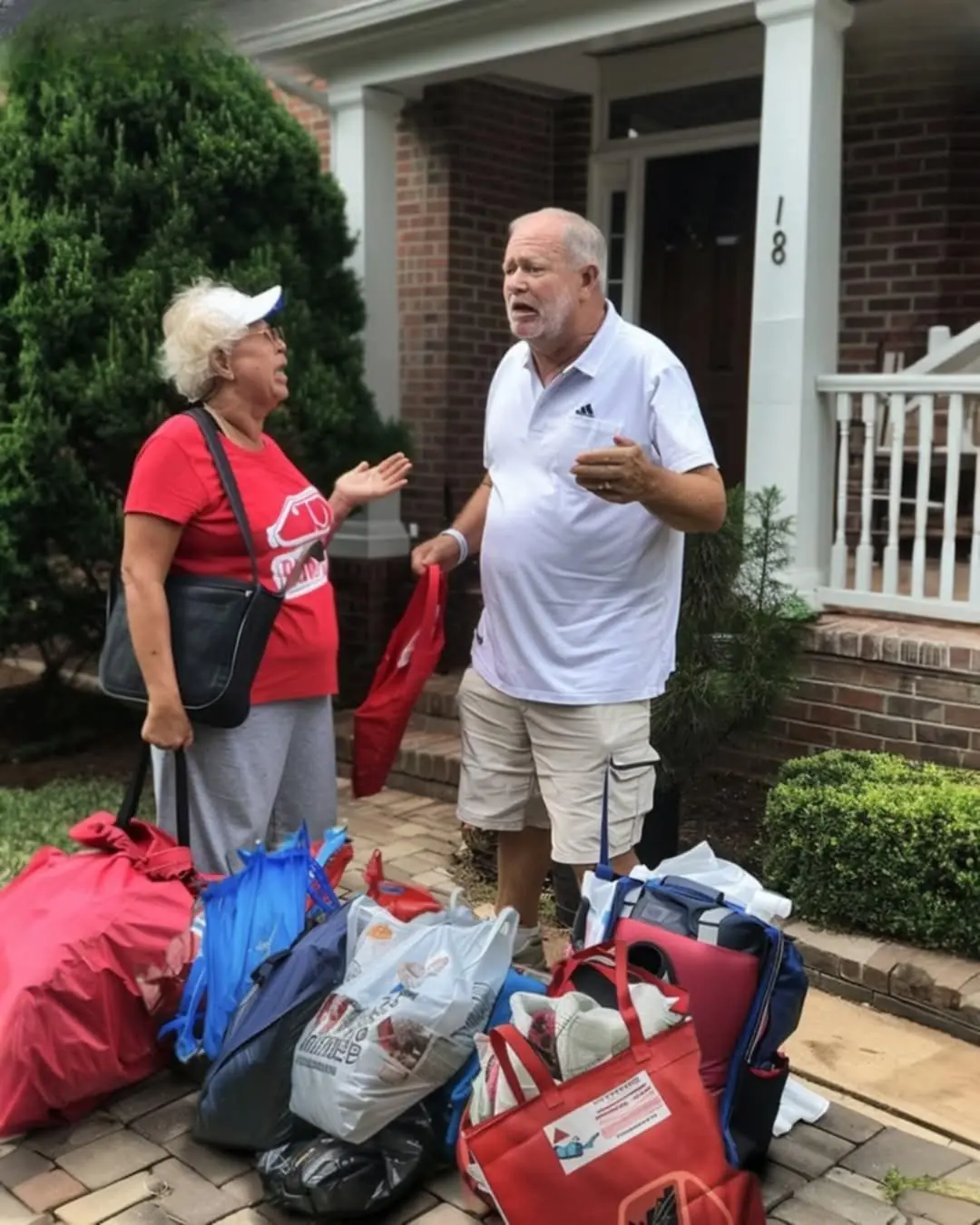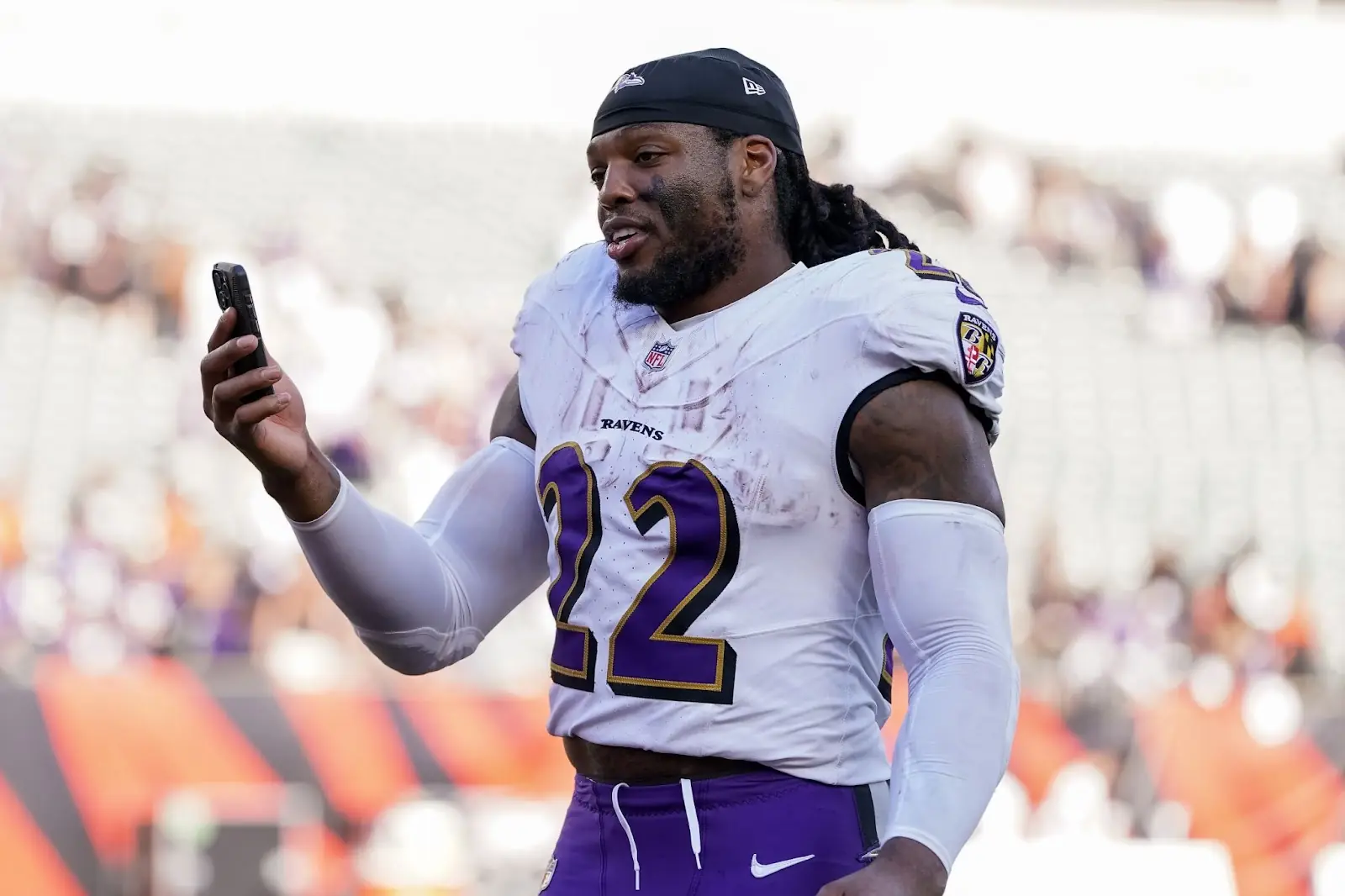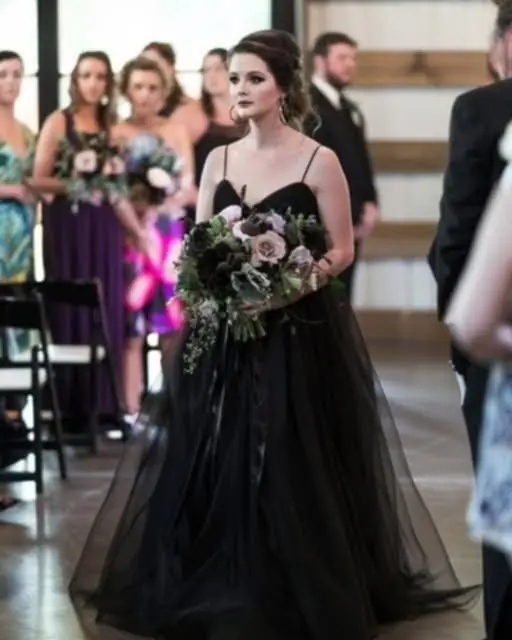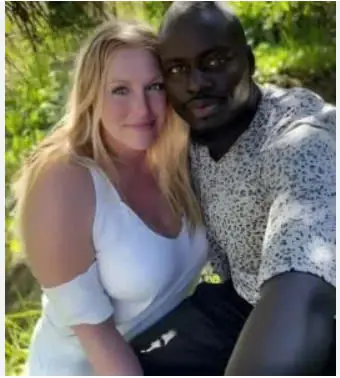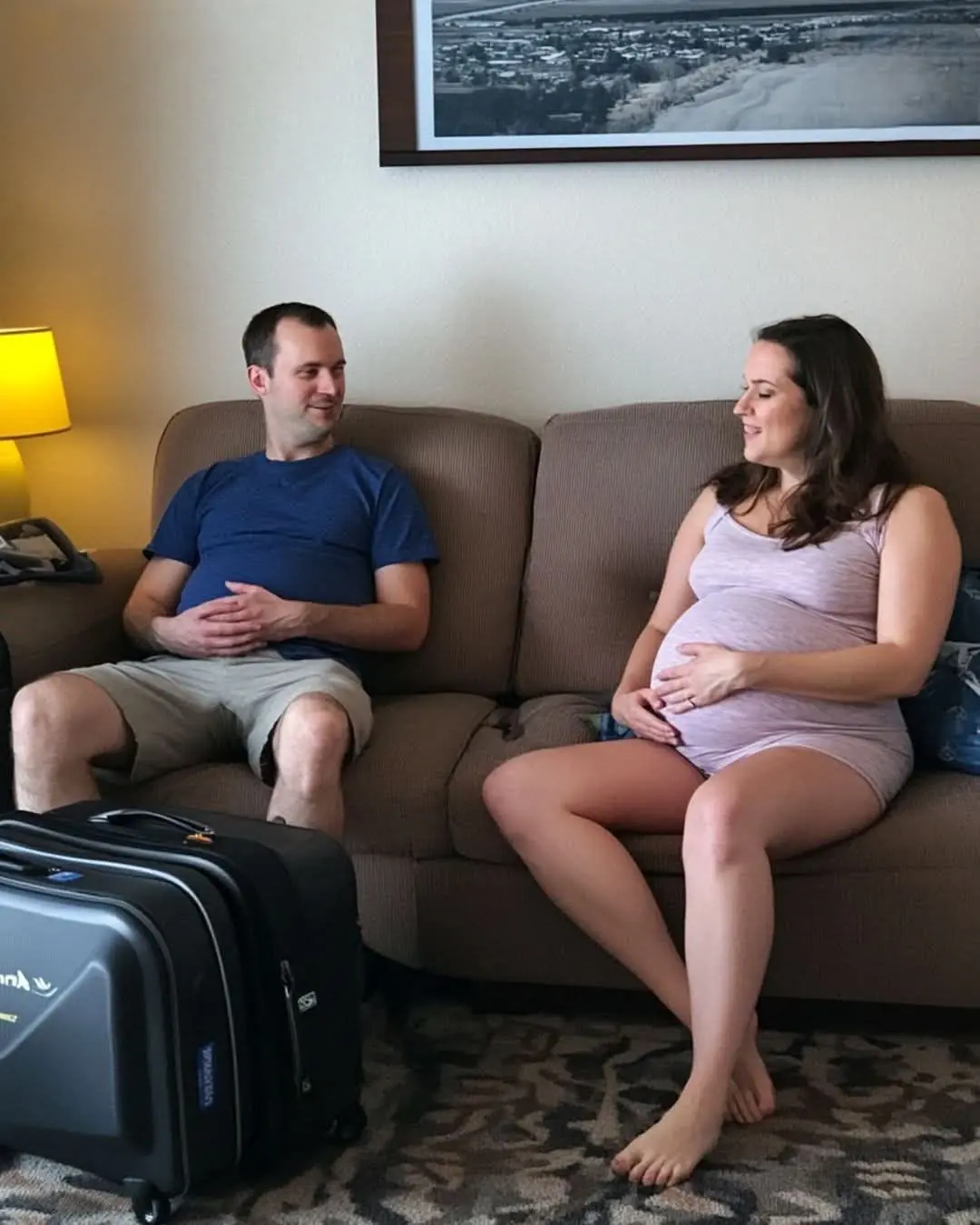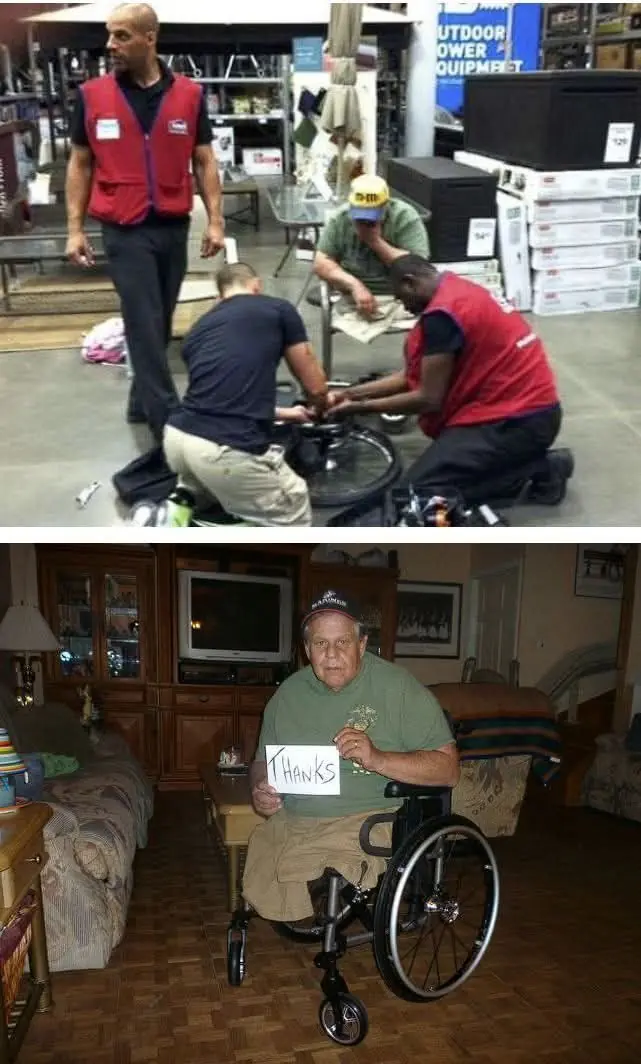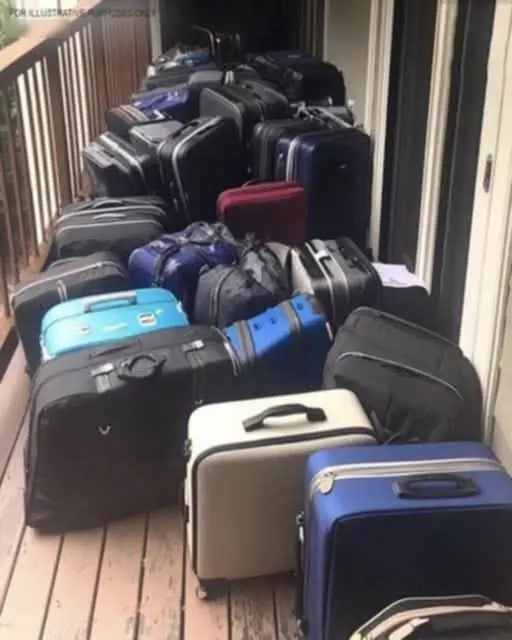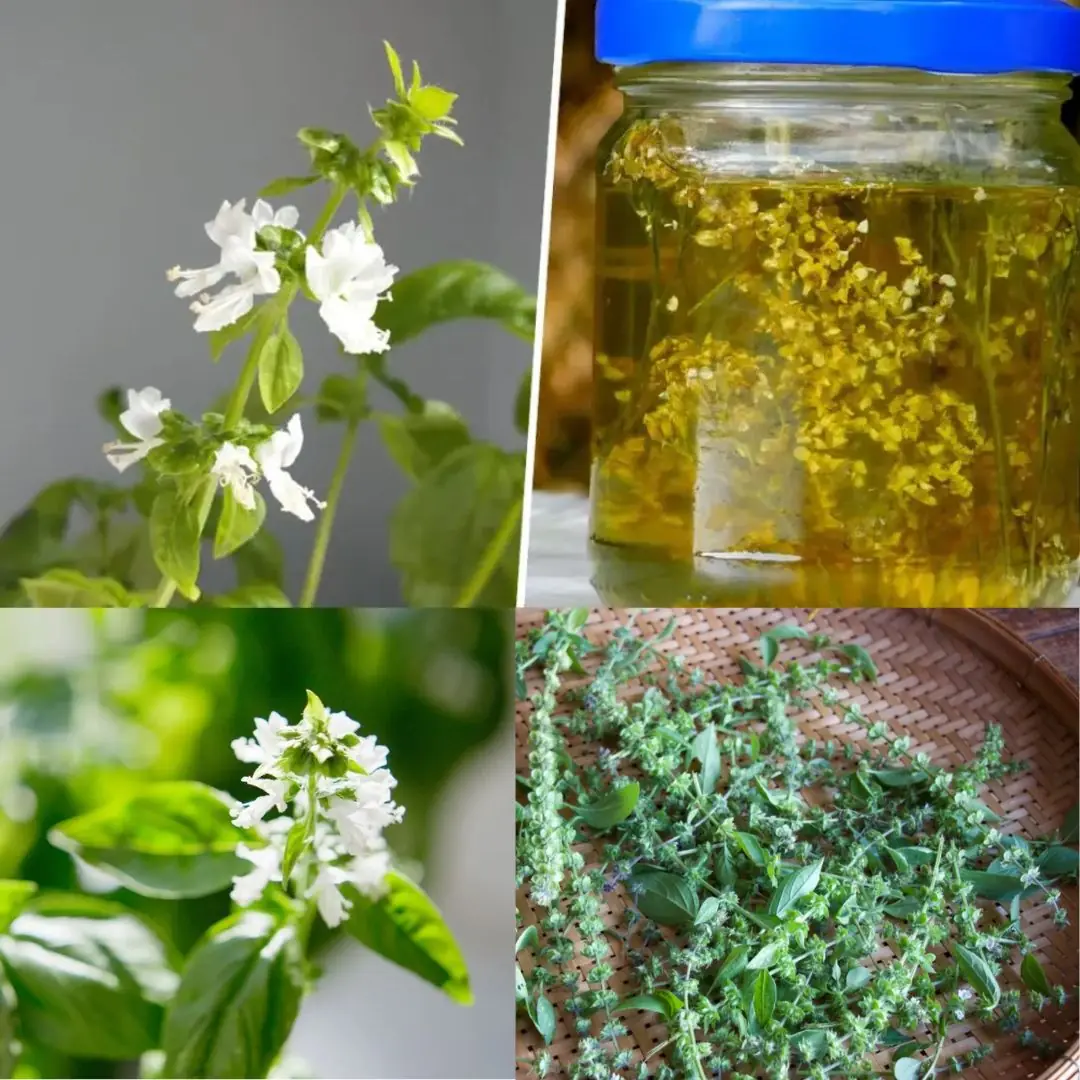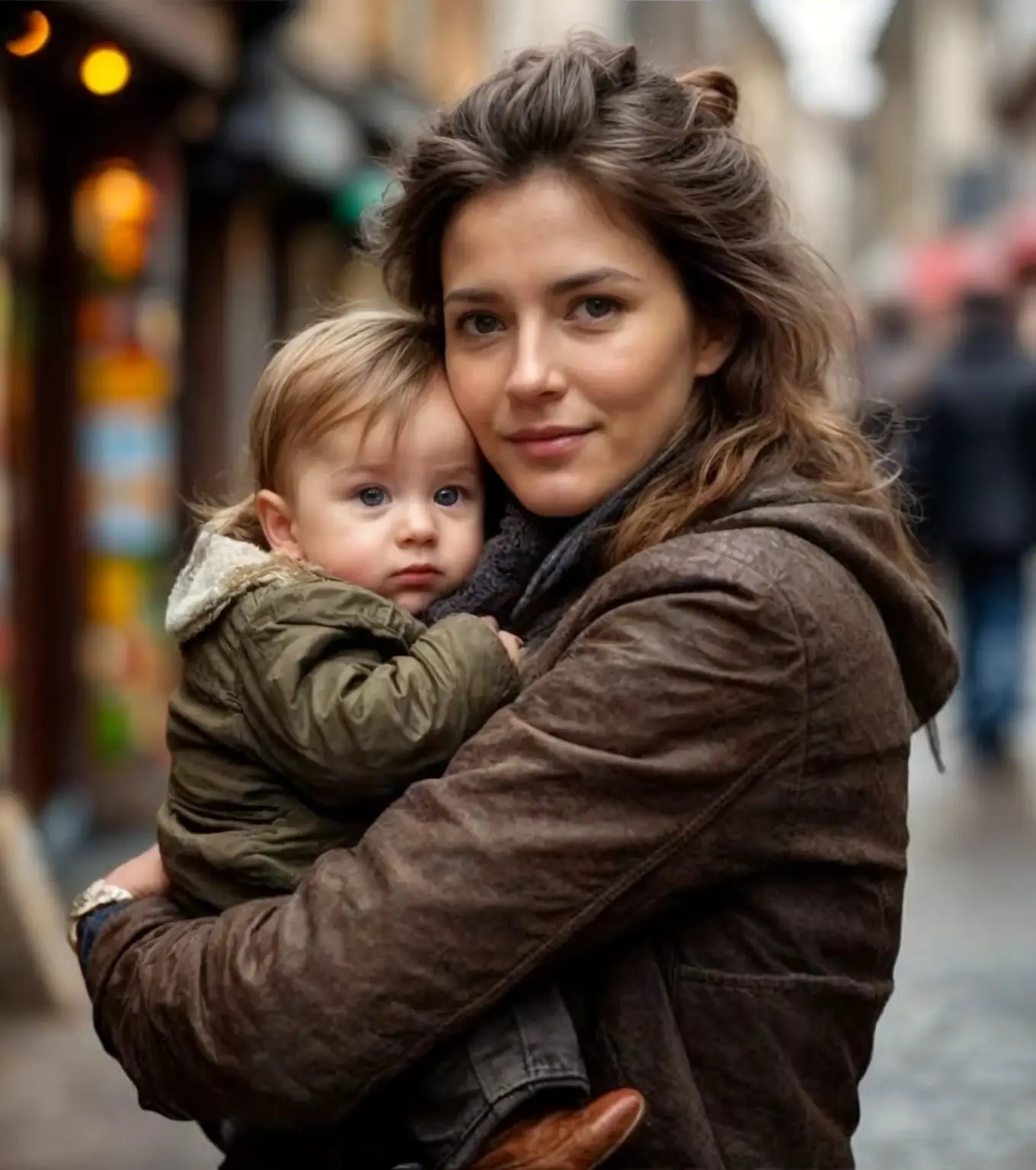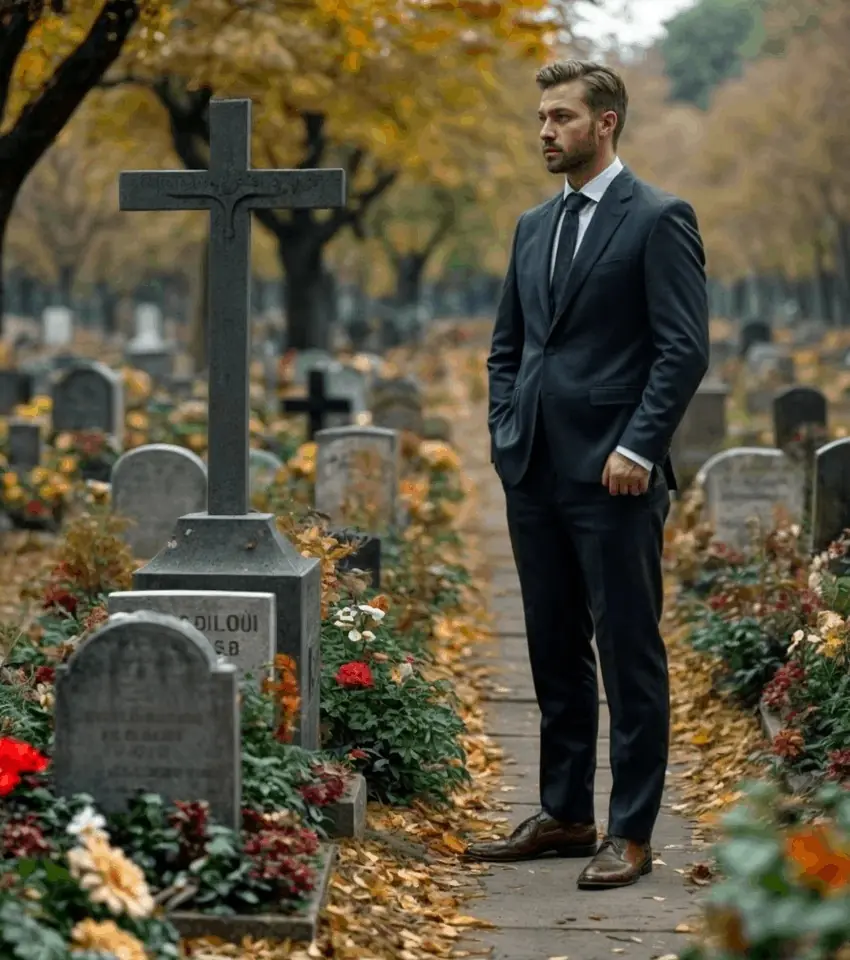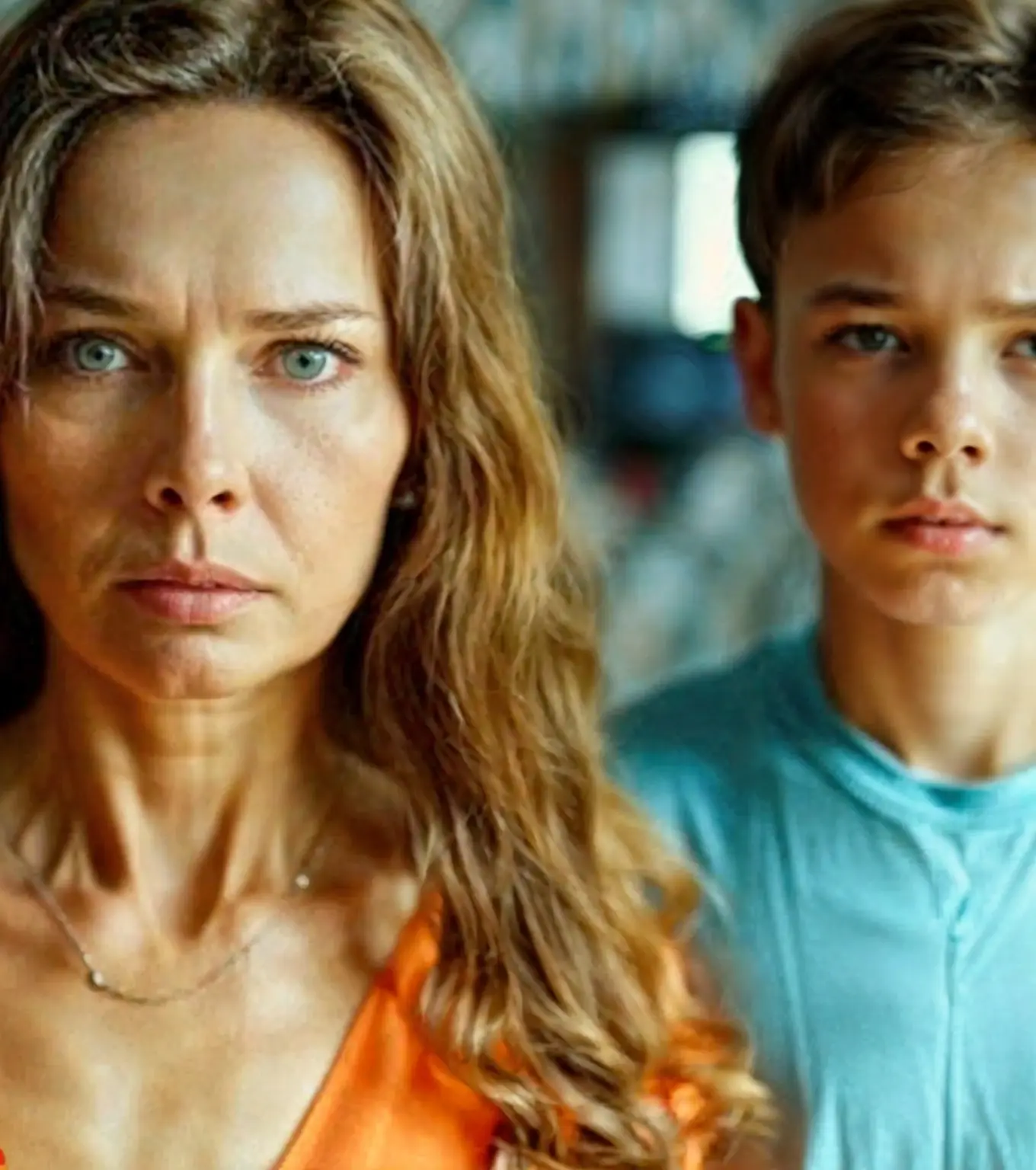Dad Left to Find Himself: The Untold Story of a Family Shattered and Rebuilt
There are moments in life that force you to reexamine everything you once took for granted—moments when the past and present collide in a way that forever alters your understanding of love, identity, and family. For years, I believed that my father’s love for our family was unbreakable. Our parents had weathered storms together for 26 years, and while our marriage was not without its flaws, it always seemed strong enough to overcome any obstacle. Or so I thought.
I was just a child when my dad, Thomas, announced he was leaving my mom, Rachel. I remember the day vividly: we were sitting together in the living room, the afternoon sun casting long shadows across the floor. My father cleared his throat and, in a tone that I still cannot forget, said, “I’ve met someone. I didn’t plan for this, but I can’t ignore it. This person is my soulmate.” I stared at him in disbelief, waiting for an explanation that might make sense. My eyes shifted to my mom, who sat silently with her hands folded in her lap, her gaze fixed on the table. There was no explosion of anger, no dramatic confrontation—only an unbearable silence that left me feeling isolated and confused.
“Who is it?” I asked, my voice trembling with uncertainty and hurt.
He hesitated, then mumbled, “I—I don’t think that matters.”
Of course, it mattered to me. How could my dad decide to uproot our family without even sharing who this mysterious person was? The shock of his revelation rippled through our household like a tidal wave. Over the next few weeks, everything changed. Dad moved out, set up an apartment across town, and the mystery of his “soulmate” became a constant, unspoken tension that haunted every family gathering.
For a long time, I assumed it was simply an affair—a secret relationship with another woman. I imagined some glamorous, seductive stranger who had swept him off his feet. But as the months turned into years, the mystery deepened. Dad never remarried, never introduced anyone new at family events, and rarely spoke about this supposed soulmate. His silence only added to the puzzle, and as I grew older, my frustration gave way to a burning need for the truth.
It wasn’t until one seemingly ordinary day that the real story began to unravel.
The Day of Revelation
I remember that day as if it were etched in my memory with indelible ink. I had been out with some friends at a local coffee shop when I caught sight of my father sitting at a corner table. He looked different—lighter, somehow—than I remembered. His expression was calm, almost peaceful, a stark contrast to the turmoil that had once defined his departure. But it wasn’t until I noticed the man sitting beside him that everything clicked into place.
There he was, laughing quietly with my dad, an air of easy camaraderie surrounding them. I couldn’t quite place him at first. He was neither the glamorous mistress I had imagined nor someone my father would have kept hidden. Instead, he struck me as familiar—a face I had seen many times during family barbecues and holiday gatherings, always hovering on the edges of our memories. It was Robert, my father’s childhood best friend.
I approached them slowly, my heart pounding in my ears, as if I were about to witness a scene from a movie that I had long dreaded. When my father saw me, he smiled warmly—a genuine, unforced smile that I hadn’t seen in years. “Hey, kid,” he greeted casually, as if we were meeting at a grocery store rather than in the middle of a quiet coffee shop. But the conversation that followed left me reeling.
“So… you left Mom for Robert?” I blurted out, unable to contain the surge of questions that had built up over time.
Robert shifted uncomfortably in his seat, while my father simply sighed. “No,” he said, his tone gentle yet resolute. “I left because I wasn’t happy. I spent years living for everyone else—first for my parents, then for your mom, and later for you and your siblings. Somewhere along the way, I lost myself. When I finally admitted that to myself, I knew I couldn’t stay. I had to find out who I really was.”
I stared at him in disbelief. “Then who is your soulmate?” I pressed, my voice edged with frustration and hurt.
He looked at me, his eyes filled with a deep, bittersweet sadness. “My soulmate is me,” he replied quietly. “I needed to become the person I was always meant to be, not the person everyone expected me to be.”
For a long time, I didn’t fully understand what he meant. My youthful mind had been conditioned to view leaving a marriage as an act of betrayal, an abandonment of family. I was angry. I felt betrayed—not just by his departure, but by the fact that he had kept his journey of self-discovery hidden from us. In my heart, I had imagined some dramatic affair or a scandalous new love, but the truth was far more introspective and, in some ways, far more tragic.
The Silence That Followed: Living with Uncertainty
In the years that followed, my father rarely spoke about his decision. His silence became a permanent fixture in our family, an unspoken reminder of the day he walked away from the life he had built with my mother. While my mother, Rachel, eventually moved on and built a life of her own, my father retreated into a quiet, solitary existence. He traveled, picked up new hobbies, and attempted to reinvent himself. Yet, there was always an underlying sadness—a sense of loss that no amount of self-discovery could fully erase.
For a long time, I harbored feelings of anger and betrayal. I questioned whether I had ever really known him at all. The idea that he had left not for a new lover, but for himself, was difficult to accept. It was as if he had abandoned not just my mother, but all of us—leaving behind a void that I struggled to fill with resentment and disbelief. Every family gathering, every holiday, carried a heavy, unspoken weight. Conversations would stumble over the topic of his departure, and I found myself holding back tears as I listened to others try to justify his actions.
I remember one family dinner in particular—a tense, awkward affair where every word felt loaded with meaning. My mother, ever the peacemaker, tried to keep the conversation light, but the air was thick with unasked questions and unresolved pain. Finally, unable to bear the silence any longer, I confronted my father. “Why didn’t you ever tell us the truth?” I demanded, my voice shaking with emotion. “Why did you leave without explaining that you needed to find yourself?”
My father looked at me, his eyes tired and full of regret. “I was afraid,” he confessed softly. “I was afraid that if I told you everything, you’d hate me for it. I didn’t know how to say that I was lost, that I needed to be alone to find out who I truly was. I’m sorry if that hurt you.” His words, simple yet laden with years of pent-up emotion, did little to ease the sting of abandonment. They only deepened my understanding of the complexity of his journey—and of the pain that had defined our family ever since.
A Journey of Self-Discovery and Forgiveness
As I grew older, the initial shock and anger gradually gave way to a more nuanced perspective. I began to understand that my father’s departure was not solely an act of selfishness; it was also a desperate attempt to reclaim his identity after years of living in the shadow of expectations. The pain of his absence, the void he left behind, forced me to confront my own identity. I started questioning the very foundations of what it meant to be a family, to love, and to forgive.
During this period of self-reflection, I turned to writing as a way to process my emotions. I kept a detailed journal where I poured out my thoughts and feelings about my father’s departure and the long, difficult road to understanding his choice. I wrote about the moments of loneliness, the memories of a once-happy family, and the slow, painful process of healing. In those pages, I found a path to forgiveness—not because I forgot the hurt, but because I learned to see the world from his perspective. I came to understand that he was, in his own way, trying to find a path to redemption, even if that path meant leaving behind everything I had known.
I sought therapy to help me navigate the tumult of emotions that had built up over the years. In counseling sessions, I learned that forgiveness is not about condoning the actions that hurt you, but about freeing yourself from the chains of bitterness. It was a gradual process—one that took time, introspection, and a lot of tears—but eventually, I began to see that holding on to anger was only hurting me. I started to let go of the resentment and, instead, focused on building a life that was defined by my own values and dreams.
The Impact on Family and Relationships
My father’s departure had a ripple effect on our entire family. The absence of a figure who had once been a central part of our lives created a void that each of us filled in our own way. My mother, Rachel, devastated by the loss, retreated into a quiet resilience that eventually allowed her to rebuild her life on her own terms. She forged new relationships, found solace in her passions, and demonstrated a strength that I admired deeply. Over time, I saw her transform from a grieving widow into a woman who had reclaimed her power and her happiness.
For me, the journey was more complicated. I found myself oscillating between anger, sadness, and a desperate need for closure. I yearned for a time when my father would be present—not as a ghost of the past, but as a man who had embraced his truth. I wished to understand him, to find some common ground that would allow us to heal together. But as the years passed, the bitterness of his departure became a part of my own identity—a wound that, though slowly healing, would always serve as a reminder of what we had lost.
My relationships with friends and loved ones were also affected. I became more guarded, more cautious about opening up to others. The betrayal I felt from my father’s unexplained departure taught me to be wary of promises and to value honesty above all else. Yet, paradoxically, it also instilled in me a deep empathy for those who, like me, had been hurt by the silence of a loved one. I found solace in the shared stories of others who had experienced similar abandonment, and it was through these connections that I began to rebuild my trust in people—and, ultimately, in myself.
The Long Road to Forgiveness
Forgiveness is often the most challenging journey of all. For many years, I struggled to forgive my father for the pain his departure had caused. I harbored resentment, wondering if I would ever be able to reconcile the image of the man I once adored with the one who had left us without a word. But as time passed, I began to realize that forgiveness was not about absolving him of his mistakes—it was about liberating myself from the grip of anger and hurt.
When I finally reached a point where I could look at my father with understanding and compassion, I realized that forgiveness is not a destination; it is a process. It is something you give yourself, not to the person who wronged you. It’s about learning to live with the pain, but no longer letting it define you. It’s about accepting the imperfections in both yourself and the people you love.
Today, my relationship with my father, Thomas, is far from perfect, but it is grounded in a new kind of understanding. We talk, we laugh, and we share our lives with each other. There are still moments of awkwardness, of unspoken words, but we have both come to accept that healing is not linear. Some wounds take longer to close, and some scars remain. What matters now is that we have found a way to move forward together, not by erasing the past, but by acknowledging it and choosing to heal from it.
As for my mother, Rachel, she continues to inspire me with her strength and resilience. Through her, I’ve learned that love is not a one-way street. Sometimes, it’s about letting go, even when it hurts the most. It’s about creating a new life, one that reflects your true self, without the weight of past mistakes holding you back.
We all have our own journeys to walk, and sometimes those journeys are painful and uncertain. But in the end, it is through the challenges we face that we find our true selves—and our capacity for healing, forgiveness, and love










